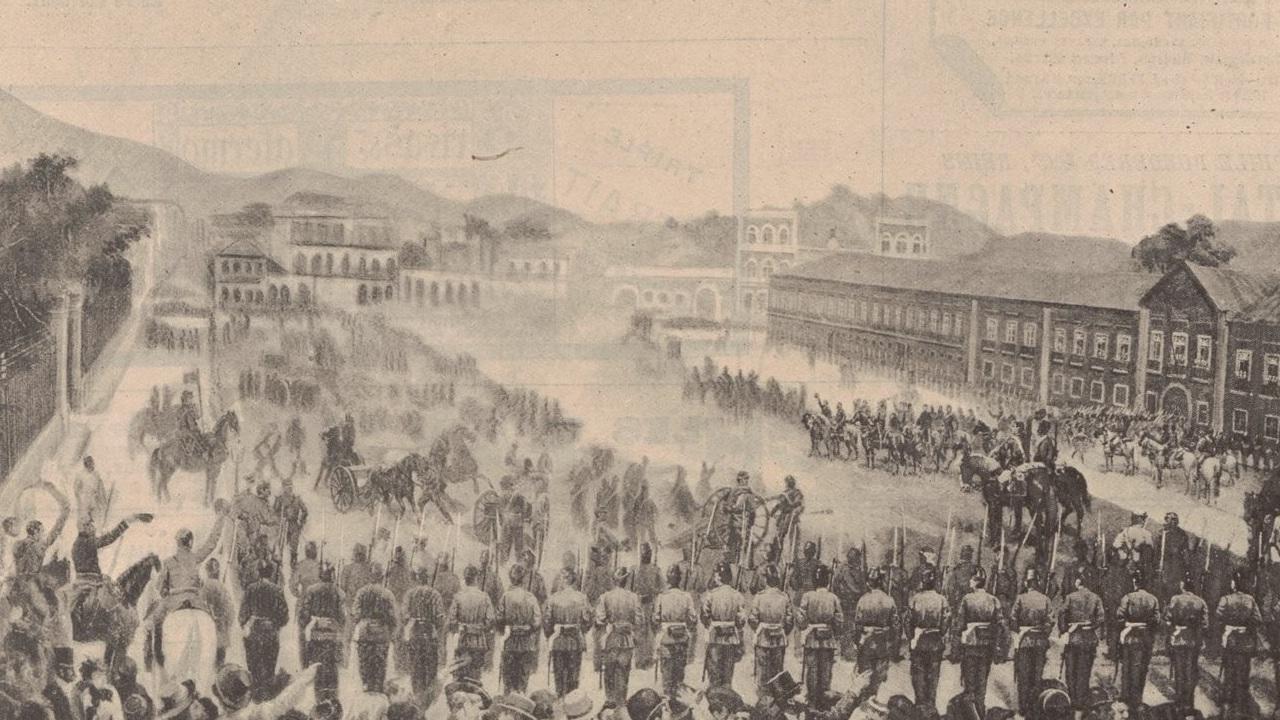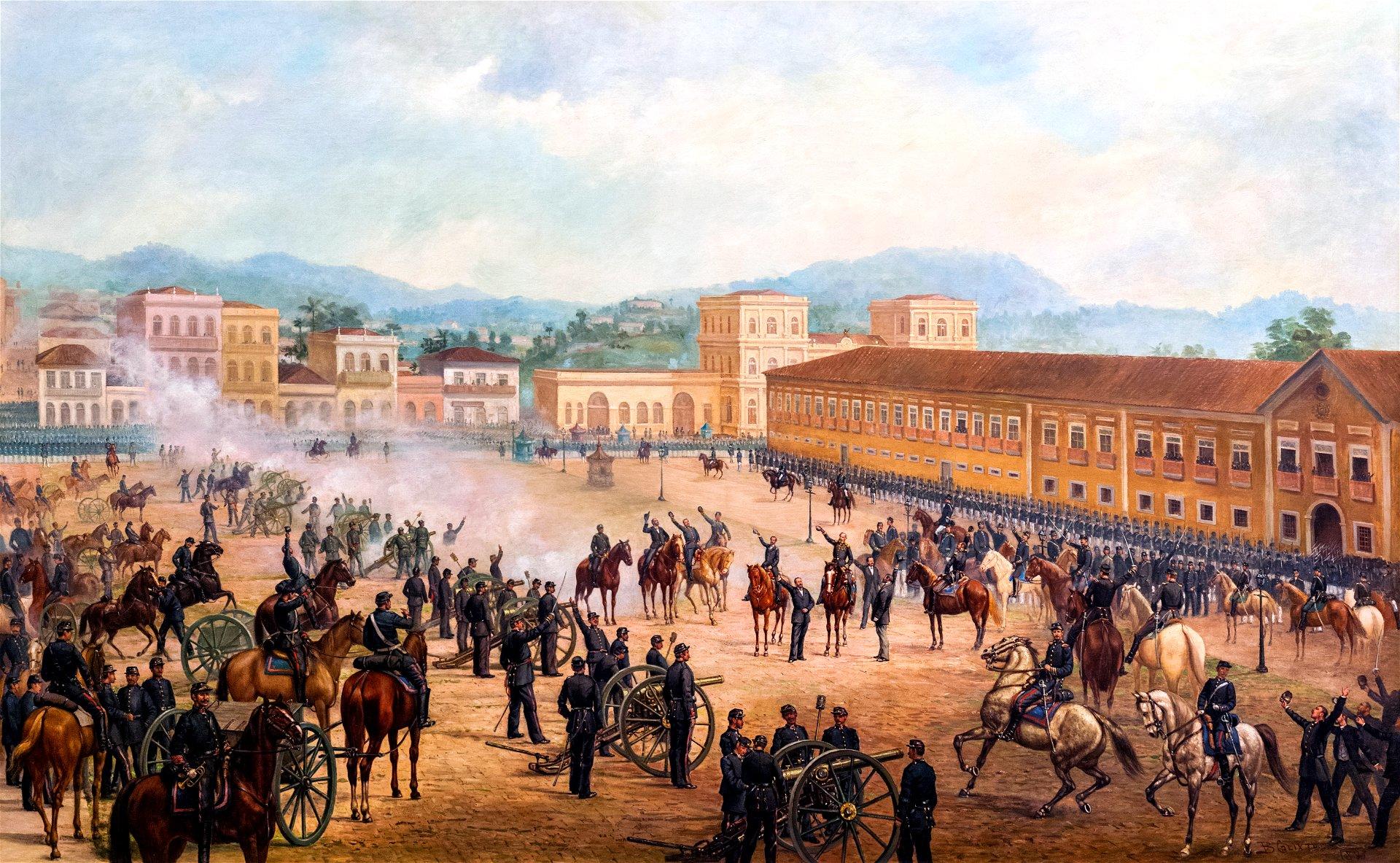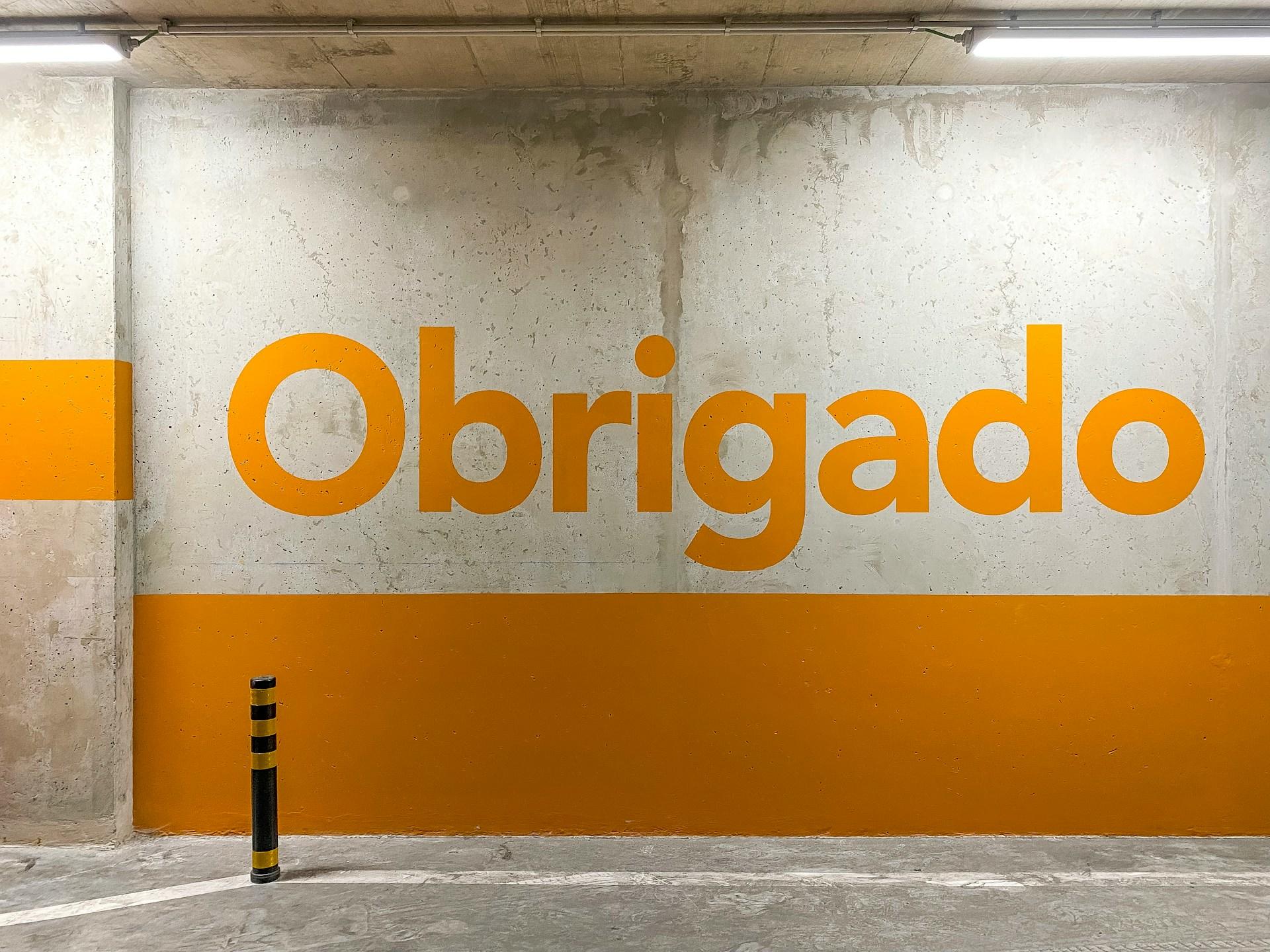Although it was not the first movement to try to establish a republic in Brazil, the Republican Coup marked the end of the monarchy in the country and the beginning of the republican regime. Even though it took place more than 130 years ago, the Proclamation of the Republic is today one of the most important dates in Brazilian history.
How much do you know about it? Take our quiz!
Quiz
Quiz :
The Proclamation of the Republic: Its Importance in Brazilian History
The Republican Coup was not the first movement to try to establish a republic in Brazil. At the end of the 19th century, the Brazilian monarchical regime was facing various difficulties, such as the discontent of the agrarian and economic elites with the centralization of power in the hands of the emperor.
On the other hand, the Brazilian Army, strengthened after the Paraguayan War, became more politically influential and increasingly critical of the monarchical government, which contributed to the mobilization of the coup. At the same time, the Golden Law, signed in 1888 by Princess Isabel, caused friction with the ruling class, which depended on slave labor and felt economically disadvantaged. The republican ideology was also growing in Brazil, influenced by positivist and liberal currents, as well as the examples of republics established in other Latin American countries and the United States.
The Military Coup of November 15th
On November 15, 1889, Marshal Deodoro da Fonseca, despite being ill, arrived on horseback in the center of Rio de Janeiro to lead the coup at the head of army troops.
The atmosphere in Rio de Janeiro, the capital of the Empire at the time, was tense, but without violence. Deodoro da Fonseca, although personally reluctant to overthrow the emperor (he was a friend of Dom Pedro II), was convinced by the Republicans and their allies in the army.

The then prime minister and head of government, the Viscount of Ouro Preto, was deposed without any significant resistance, and was exiled with his family to Europe. The Republicans declared the Republic in Campo de Santana (today's Republic Square), where there was a strong military and political symbolism.
With this, Brazil entered a new phase of its history, known today as the Old Republic (1889-1930), characterized by a centralized system of government dominated by regional oligarchies, especially those from the states of São Paulo and Minas Gerais.
The Proclamation of the Republic is an important milestone in Brazilian history and is a national holiday.
Long-term Impact
The Proclamation of the Republic naturally had a profound impact on Brazil, laying the foundations for the political system that has prevailed to this day. However, many of the problems that existed under the monarchy - such as social inequalities and the concentration of power in the hands of a few elites - persisted during the Republic, resulting in various moments of political instability, such as coups d'état, revolutions and dictatorships.
The memory of the Proclamation of the Republic is celebrated today, and November 15th is a national holiday in Brazil. In many cities, especially Rio de Janeiro, there are civic-military parades and events that commemorate this historic moment.

Summarize with AI:
















